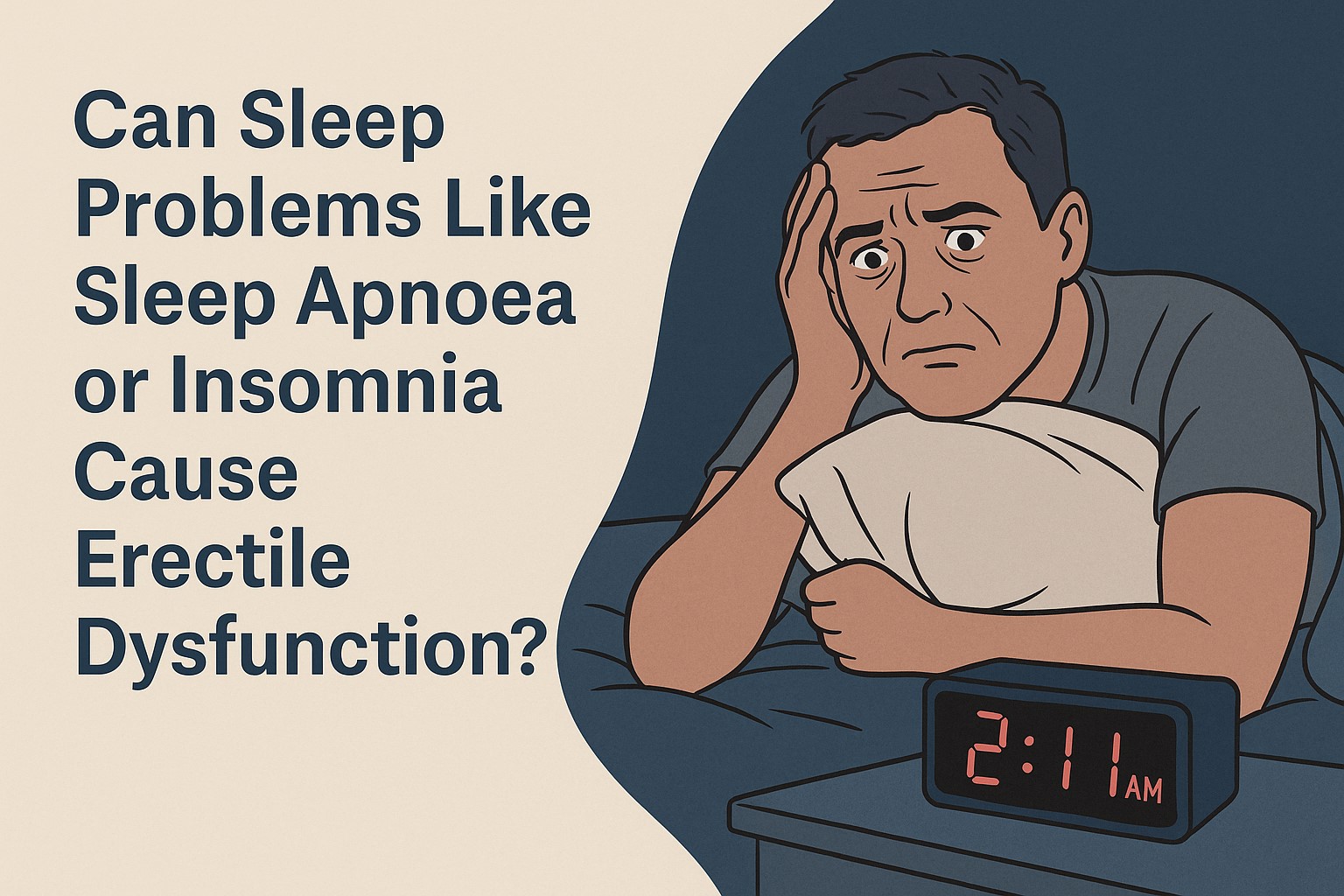What does morning wood mean when it hurts?
A hardness on the morning known as "morning wood," should not be painful. It is a healthy physiological occurrence. Painful erections may indicate an underlying condition, such as Peyronie's disease or priapism, and should be evaluated by a healthcare professional.
Why am I having semi-hard erections?
Not enough blood flow can cause semi-hard erections. This could be because of heart problems, high blood pressure, or diabetes. Mental health problems like stress, anxiety, or sadness can also play a role, as can bad habits like drinking too much, smoking, or not exercising enough. Medications for other health problems can also make it hard to get or keep an erection. People with this problem must talk to a doctor to find and treat the root cause.
What's wrong with my partner's erection?
Losing an erection can happen for many reasons, such as worry, anxiety, being tired, or drinking alcohol. It could also indicate a deeper health problem that impacts nerves or blood flow. Psychological factors can also come into play, such as social problems. To solve this problem, it might help to talk about it openly and get professional help.
When does age-related impotence start?
There is no set age at which men start having trouble getting and keeping an erection, but it is known that the number of men who have ED rises with age. The Massachusetts Male Ageing Study found that about 40% of men are affected by it by age 40 and almost 70% of men are affected by it by age 70.
How erections work in the body: Why do guys get "blocked up"?
Erections are a physiological phenomenon commonly manifest in males, typically arising from sexual stimulation or during the sleep cycle. The phrase "bricked up" is a colloquial expression used to describe an erect state of the penis, which occurs as a result of blood engorgement in the penile tissue.
Random and painful erections: Is this a common experience?
Spontaneous erections can manifest in the absence of sexual excitement, whether from hormonal variations, physical stimulus, or psychological influences. Unless they induce pain or occur excessively, they are typically not a source of concern, so it is advisable to seek medical guidance.
How often do erections happen?
The frequency of occurrence can exhibit significant variation among individuals. During the rapid eye movement (REM) sleep phase, it is estimated that the average male may encounter 3 to 5 instances of penile erection per night. More variability and a wide range of factors can affect daytime frequencies.
How long and how often do erections happen in a day?
On average, males can experience spontaneous erections many times throughout the 24 hours, although there is considerable variability in this occurrence. Determining a "normal" quantity is not standardised due to the influence of factors such as age, health, and desire.
The Duration of an Average Erection
The length of time tends to diminish as individuals grow older.
The most quoted time is 5 minutes and 30 seconds. However, the duration of an erection exhibits variability; for example, a study conducted on men utilising condoms indicates that the mean duration of an erection for individuals in their twenties is approximately 33 minutes.
What is the penile average size?
According to a comprehensive study involving a sample size of over 15,000 males, the mean erect penis size was found to be approximately 5.16 inches (13.12 cm) in length and 4.59 inches (11.66 cm) in girth.
Do morning erections slow down as men age?
Morning wood may decrease with age due to hormonal changes, but its absence is not a definitive occurrence as men age. Persistent changes in erectile function should be discussed with a healthcare provider.
Is semi-hard good, or could it be a sign to worry?
Difficulty achieving full hardness can be due to various factors, including stress, poor circulation, or psychological issues. Consulting a healthcare provider can help determine the cause.
Can a 70-Year-Old Man Still Get a Good Erection?
Yes, many men at the age of 70 and beyond can still get erections. However, the frequency, rigidity, and duration of erections may change with age.
Simple Ways to Get Rid of Impotence: Are They Real?
There is no "simple trick" to cure erectile dysfunction (ED). Treatment can include lifestyle changes, medication, therapy, or medical procedures tailored to the individual's needs and health status.
How to make your partner happy when you can't get hard
Pleasing a partner with ED involves communication, understanding, and exploring other forms of intimacy beyond penetration. Consulting a sex therapist or counsellor may be beneficial.
The first step is to visit your doctor for a checkup. Your blood pressure, weight, HBA1c, cholesterol, PSA, and hormonal blood tests will be taken during this visit. Your doctor will refer you to a urologist or andrologist.
There are many aides (oral, topical, and mechanical) to explore to help you achieve an erection. Your urologist will guide you.
Foods That Work Like Real Viagra Is that true?
Foods like leafy greens, dark chocolate, pistachios, watermelon, and oysters have been touted to positively affect erectile function due to their nutrient profiles. Still, they are not substitutes for medical treatment. There is no study yet that
Other Ways to Treat Impotence Besides Viagra
Other options include lifestyle modifications, such as exercise, weight management, quitting smoking, and reducing alcohol intake. Vacuum erection devices, Vitaros cream, injections, and counselling are also viable alternatives.
What are the best drinks for helping you get hard?
There are no drinks that cure impotence or help you get hard.


